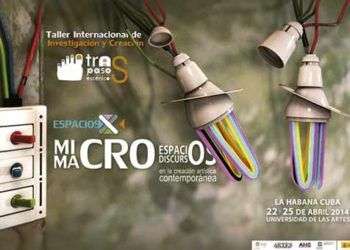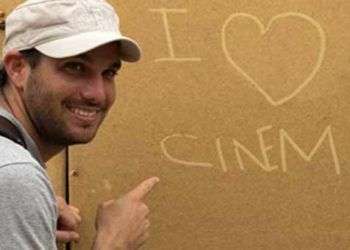Erick Grass, a poet of universes
Soon the Cuban audience will have the opportunity to come closer to a new stage in Fernando Perez cinematography. His film, Madrigal, was an approach to difficulties in the artistic universe; José Martí: el ojo del canario, revealed an unexplored dimension of an eternal Cuban myth; and La pared de las palabras deals with a grieving family for the loss of their only child behind the white walls of a mental institution. OnCuba talked to Erick Grass, the artist behind each of the universes, environments and images that make up these stories. How was your creative initiation with Fernando Perez? I worked with Jorge Luis Sánchez in El Benny. This film got some recognition, including the Caracol award, among others. It seems Fernando heard about me and when I was preparing Madrigal and he called me. I was stunned. He had asked Jorge Luis or a member of the team for my telephone number because he wanted to get in touch with me. He told me he wanted to make a contrived movie based on dramas and parallel universes… And right away I visualized what he was asking for the movie. When we started working together I once again ran...











